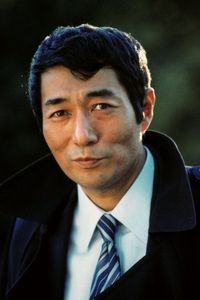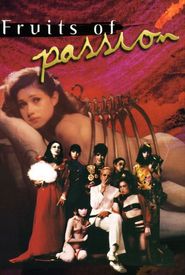Terayama Shuji, a renowned Japanese artist, was born on December 10th, 1935, in Hirosaki City, Aomori, as the only son of Terayama Hachiro and Terayama Hatsu. Although his birth was registered on January 10th, 1936, his life would be forever marked by the significant events that unfolded in the following years.
His father, an officer in the "thought police", left for the Pacific War in early 1941, only to meet his untimely demise in September 1945 due to dysentery on the Indonesian island of Celebes, just a month after the atomic bombing of Hiroshima and the end of the war. Terayama himself was only 9 years old at the time, and his life was forever changed by the devastating Aomori air raids that claimed the lives of over 30,000 people.
Following the war, Terayama's mother was forced to leave Aomori to find work at an American army base in Kyushu, leaving Terayama to live with relatives. He was given a place to sleep behind the screen in a movie theater, where he would spend his formative years developing a passion for poetry, writing, and the arts.
In 1954, Terayama enrolled at Waseda University, but his academic pursuits were cut short when he fell ill with nephrotic syndrome at the age of 19. During his convalescence, he devoted himself to his writing, reading extensively from Japanese and Western classics, and was particularly influenced by Leutreamont's Les Chants de Maldoror.
Since 1959, Terayama primarily earned a living as a writer of broadcasts and theatrical dramas. In 1960, he married producer Eiko Kujo, and together they formed the theatre company "Tenjo Sajiki", or the Peanut Gallery, in 1967. The couple's creative partnership would yield numerous works, including the radio drama "Yamamba", which won the Prix Italia in 1964.
Terayama's feature-length film debut, "The Emperor Tamato Ketchup", shocked the world in 1970 with its graphic depiction of a children's revolt and Nazi themes. He continued to push the boundaries of avant-garde art until his untimely death at the age of 49 on May 4th, 1983, due to a terminal illness.
Despite his untimely passing, Terayama's artistic legacy lives on. He published nearly 200 literary works, over 20 shorts and full-length films, and countless works of theater with Tenjo Sajiki and other companies. His art continues to inspire new generations, with annual theatre events and decennial summer festivals celebrating his life and works.

























